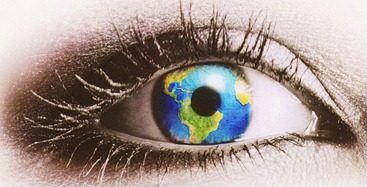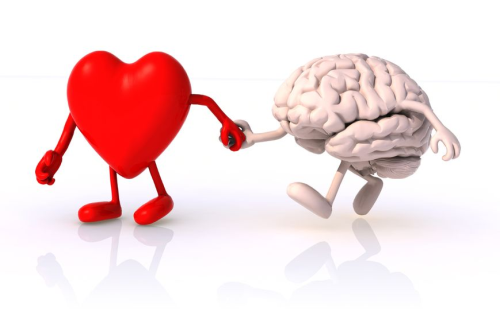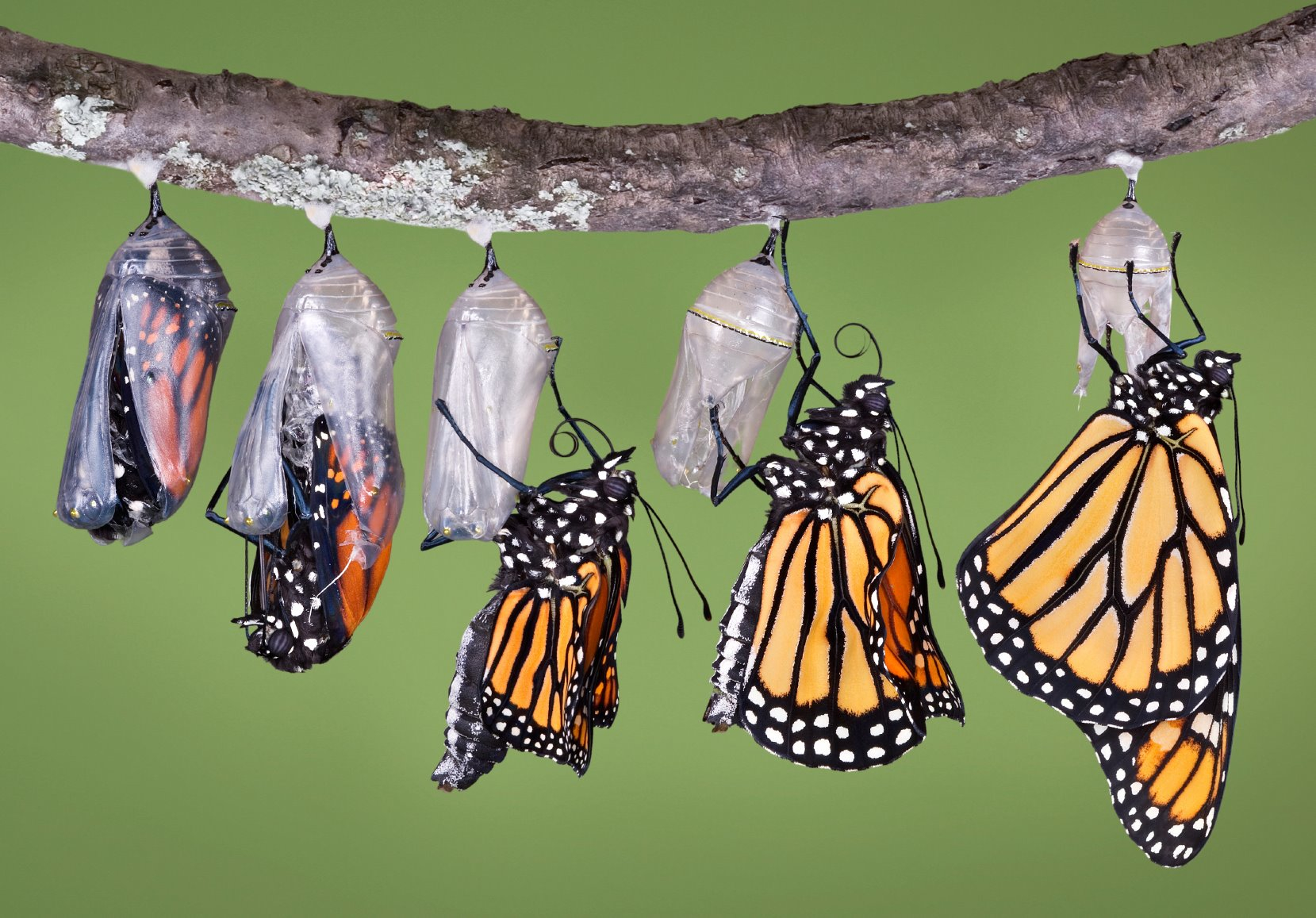“A man sees in the world what he carries in his heart.”- Goethe
We are all on a life journey, aiming at specific achievements. But in order to arrive at our desired destination, we must have a map that accurately reflects the terrain – people, relationships and life itself. This “map” is our worldview.
We form attitudes, behave, and interact with others mostly based on our worldview – beliefs, values, interpretation of people and events. Our worldview is our mental image and our understanding of our families, colleagues, friends, organizations, people, governments, and life in general. It dictates how we perceive and interpret incidents and people.
Our value system is also a key component of our worldview—our evaluation of a person or an event stems from what is important to us. If you consider appearances to be paramount, you evaluate people based on how well dressed they are.
One’s worldview feeds on itself. It is shaped and developed by her interpretation of experiences. Yet that very same interpretation is based her worldview.
Here are a few examples of how worldview shapes our behavior:
- My expectations from and behavior in marriage depend on what marriage means to me. In some cultures, wives are viewed as property and are “bought” and paid for in gold. In other cultures marriage is a partnership of two equals.
- My perspective about work determines my job performance. If work is an undesirable yet necessary hardship, than I endure its misery, impatiently waiting for the workday to end. However, if I view my job as a contribution to society, I enjoy what I do and do not even feel the passing of time.
- My self-image and sense of self-worth determines my level of confidence and courage. A confident person takes calculated risks, tries new ventures and most certainly achieves her objectives.
- If I consider people to be good-natured and honest, then I will approach others with trust and form mutually nurturing and fulfilling relationships.
- If I consider a life of comfort and pleasure to be my God-given right, then I will be unaccepting and intolerant and incapable of coping with hardships and will live in misery.
- If I expect the world to be “perfect,” I will most likely be intolerant of others’ shortcomings, straining my relationships.
- If money is more valuable than relationships, I will be reluctant to host friends, give gifts and be generous. Consequently, I will be left lonely, as people will be turned off.
- If I consider myself above others (more knowledgeable, more intelligent), I will tend to disrespect people and stand aloof. I will be unpleasant company, keeping people away.
We cannot survive without a worldview. It is our version of reality that enables us to navigate through life with confidence.
Yet, our worldviews are subjective, biased and only partially true. They are formed over the years, based on our genes and life experiences.
Here are a few suggestions on handling our worldviews.
- Take your perspectives, interpretation of events, and people with a grain of salt; always questioning your conclusions.
- Embark on an ongoing effort to bring your worldview closer to reality. This is difficult, yet much can be accomplished with an open mind.
- Try to understand those whose behavior you do not like. You can never be certain about the real causes behind behaviors. Humans are very complex beings.
- Appreciate those who have different perspectives and values. Do not be an absolutist. Where possible, synergize with them for a richer mindset and better outcomes.
An accurate worldview is essential for a productive and fulfilling life. We are challenged to objectively evaluate and improve our worldviews.














